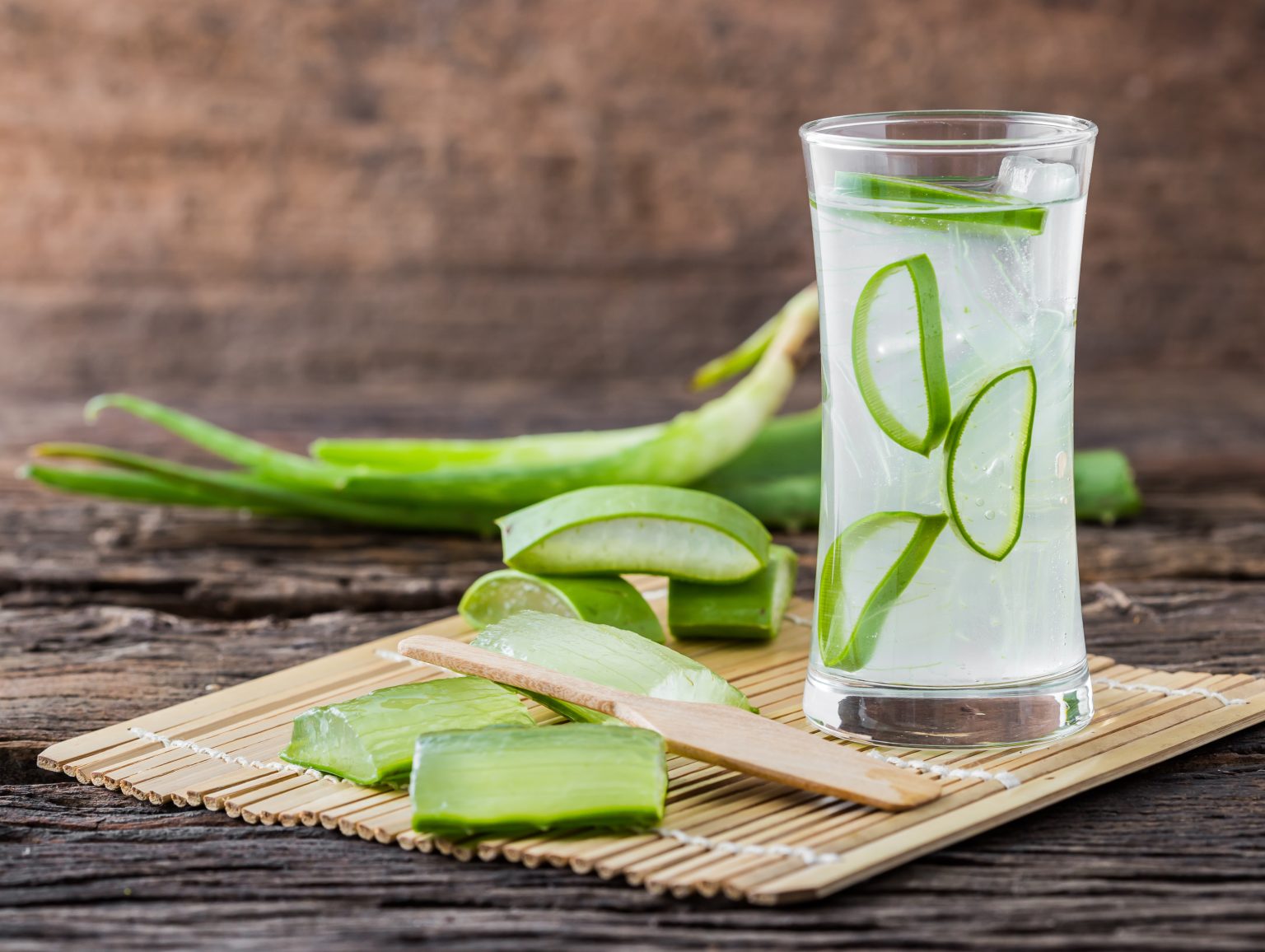A Scrutiny of Aloe Vera Juice Popularity
Despite gaining attention for an extensive array of purported health advantages, including aid for acne, digestive issues, and heartburn, the effectiveness of aloe vera juice remains under scrutiny. The breadth of anecdotal support is vast; a mere search on social media unveils tens of thousands discussing the benefits. Yet, is this beverage, often described with an unpalatable taste, genuinely a remedy worth considering?
Potential Concerns:
- Risks: Consuming aloe vera juice could be associated with potential health risks, including discomfort and adverse reactions.
- Added Sugar: Some commercial aloe vera juices are sweetened, which may affect those monitoring their sugar intake.
- Medication Interaction: The bioactive compounds in the juice might interact with certain medications, necessitating caution.
- Electrolyte Imbalance: Excessive consumption of this juice could disrupt the body’s electrolyte balance.
While the allure of a universal cure is vital, especially for persistent conditions, the evidence supporting the internal use of aloe vera juice is less concrete than the enthusiasm might suggest. As with any health trend, it is advisable to consult health professionals before integrating it into one’s routine.
What Is Aloe Vera Juice?
Aloe vera juice is a liquid created by grinding the aloe vera plant’s outer green foliage and purifying the extracted fluid. Unlike the clear aloe vera gel derived directly from the plant’s leaves and commonly applied to the skin for its soothing properties, the juice has a thicker consistency and naturally sharp taste. It is distinguished by its unique composition and potential health benefits when taken orally in forms such as juice, capsules, or mixed into smoothies.
Advantages
Aloe vera, traditionally celebrated for its healing-topical benefits, is also explored for its potential internal health effects. Here’s what current understanding suggests about aloe vera juice:
- Rich in Compounds: Contains various antioxidants such as vitamin A (beta-carotene), vitamin C, and other elements like polyphenols that might combat oxidative stress, possibly supporting skin health from within.
- Micronutrient Presence: Offers micronutrients, including calcium and magnesium, which are vital for overall well-being, though in modest amounts that may not meet daily nutritional requirements.
- Skin Nourishment: Proposed to aid in collagen production, essential for skin elasticity and potentially reducing the appearance of wrinkles.
- Anti-inflammatory Benefits: It may have anti-inflammatory properties that support the management of conditions like psoriasis or acne.
- Blood Sugar Consideration: While not a substitute for diabetes treatment, some constituents in aloe vera juice might influence blood sugar levels, meriting caution for those with diabetes or prediabetes.
- Digestive Support: Suggested to provide digestive benefits such as mitigating symptoms of IBS and other digestion-related discomforts.
However, due to the lack of comprehensive scientific evidence and the possible dilution of nutrients in aloe vera beverages, its effectiveness for internal use still needs to be investigated. One must also consider that aloe vera juice can interfere with certain medications, particularly those for diabetes, and may have laxative effects. It’s advised to consult a healthcare professional before consuming aloe vera juice if you are on medication or managing a health condition.



